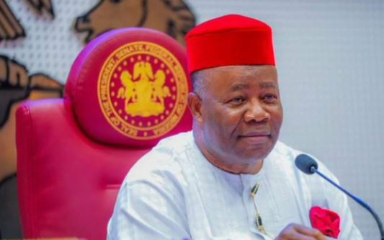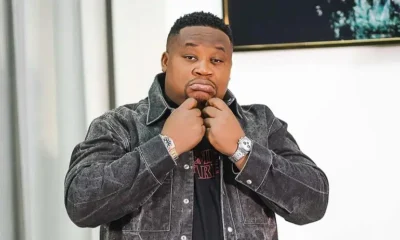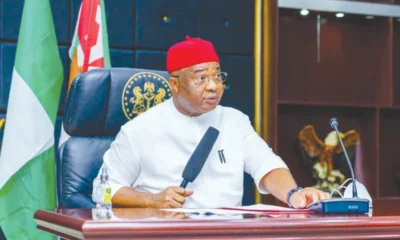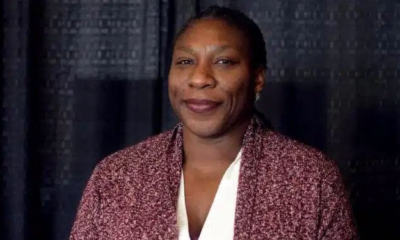News
I never begged Wike for money — Abati responds to Olayinka’s claims
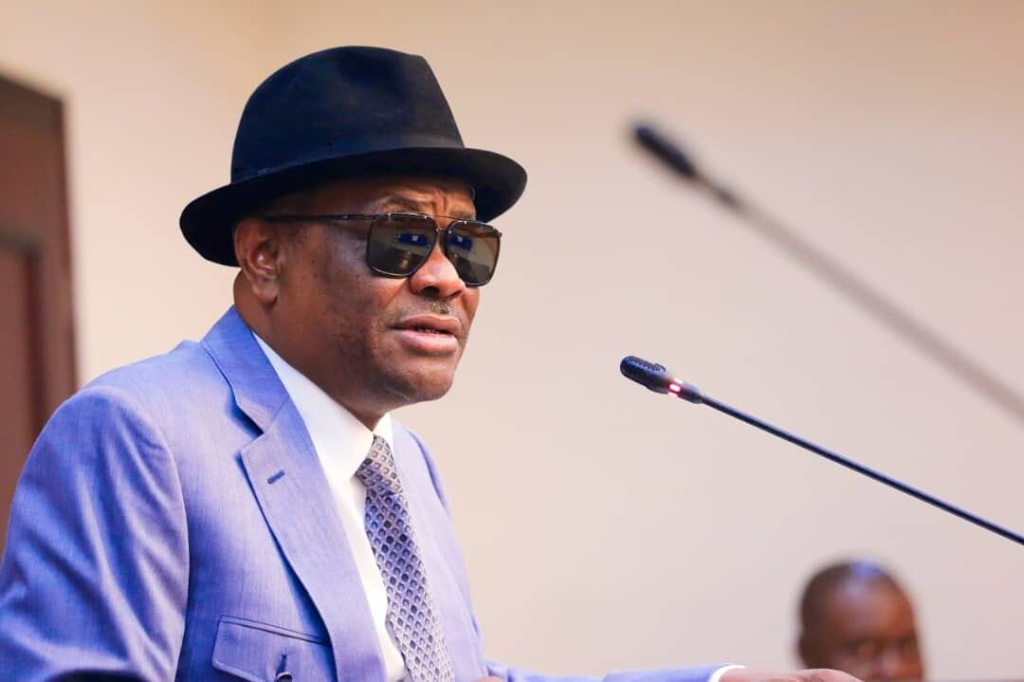
Reuben Abati, former presidential spokesperson and co-host of Arise TV’s The Morning Show, has denied claims made by Lere Olayinka, media aide to FCT Minister Nyesom Wike, that he and his wife once solicited financial assistance from the minister.
He also denied the allegations which have been circulating in the media.
On Friday’s show, Olayinka accused Abati of being a supporter of former Rivers State Governor, Rotimi Amaechi.
According to him, Abati’s absence from the program on Friday was not accidental but a decision by management due to his alleged bias.
However, co-host Rufai Oseni disagreed with this claim and explained the actual reason for Abati’s absence.
He also stated that Abati and his wife were among those who had solicited financial help from Wike, a claim that Abati, however, has firmly denied.
“I have never approached Minister Nyesom Wike to beg for money. That is a lie. If anyone including an ex-partner went to him under false pretences to solicit funds in my name, I place a clear disclaimer,” the statement reads.
“Such actions were not authorised by me, and Minister Wike reserves every right to call it out as fraud.
Abati denied being politically intertwined with Amaechi.
“I am not Rotimi Amaechi’s spokesperson, nor do I have his phone number. That’s a fabrication.
“I was not absent from The Morning Show on Friday to avoid any discussion. I was engaged at a pre-scheduled book review for “Oprah Benson Live and Legend”, a 550-page publication by Dr. Udu Yakubu. It was an honourable intellectual commitment.
Abati described Olayinka’s comments asking him to resign from his media office and become the spokesperson for Amaechi as inappropriate.
“I stand firmly by everything I said regarding Minister Wike. He is a public official occupying a public office. He is, and should remain, subject to public scrutiny. Nobody in public service is above accountability.”
News
Man in shock after lady he lodged with in a hotel in Abuja flees with his car and other valuables

A Nigerian man is currently in shock after a young lady identified as Precious Chinyere , whom he took to a hotel in the Asokoro area in the FCT for a romantic getaway allegedly fled with his car and other personal belongings on Thursday, February 5,
The distraught man and Precious had visited the hotel and opted for a short time stay. Things took a different in the evening when the man noticed Precious had left the hotel room without notifying him and took along with her some of his personal belongings including phones and laptop and also his car.
The victim immediately reported the incident to the police.
When contacted, the spokesperson of the FCT police command, SP Josephine Adeh, told LIB that the matter is currently being investigated and that efforts are being made to apprehend the suspect.
News
US Reacts As De@th Toll In Kwara Terror Attacks Hits 200

The United States Mission in Nigeria has condemned the k!lling of more than 200 civilians in recent attacks on communities in Kwara State.
Recall that terrorists launched de@dly attacks on Woro and Nuku communities in Kaiama Local Government Area of the state on Tuesday night, k!lling unsuspecting citizens.
It was gathered that the gunmen invaded the villages, opened fire on residents and burned homes.
According to reports, the de@th toll from the unfortunate incident hit 200 on Thursday night.
Reacting, the US Mission Nigeria condemned the k!lling via a post on its official X handle.
The post reads, “The United States condemns the horrific attack in Kwara state in Nigeria, which claimed the lives of more than 160 people, with the de@th toll still unconfirmed and many still unaccounted for.
“We express our deepest condolences to the families of those affected by this senseless violence.
“We welcome President Tinubu’s order to deploy security forces to protect villages in the area and his directive to federal and state officials to provide aid to the community and bring the perpetrators of this atrocity to justice.”
News
“I’ll never settle for a barber, yahoo boy or a poor man” — nail tech’s list of men she says she can’t marry sparks reactions online

A Nigerian nail technician has set social media talking after openly listing the kind of men she says she can never settle for.
In a now-viral post, she stated clearly that she refuses to “settle for less” and went on to mention professions and traits she considers a no-go area.
According to her, she can never settle for a barber, an aza man, a yahoo boy, a mechanic, an actor, a laundry man, a hype man, or a plumber. She also added that she wouldn’t marry a man with a high body count or a poor man.
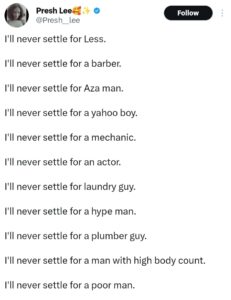
-
Business1 year ago
US court acquits Air Peace boss, slams Mayfield $4000 fine
-

 Trending1 year ago
Trending1 year agoNYA demands release of ‘abducted’ Imo chairman, preaches good governance
-

 Politics1 year ago
Politics1 year agoMexico’s new president causes concern just weeks before the US elections
-

 Politics1 year ago
Politics1 year agoPutin invites 20 world leaders
-

 Politics1 year ago
Politics1 year agoRussia bans imports of agro-products from Kazakhstan after refusal to join BRICS
-
Entertainment1 year ago
Bobrisky falls ill in police custody, rushed to hospital
-
Entertainment1 year ago
Bobrisky transferred from Immigration to FCID, spends night behind bars
-
Education1 year ago
GOVERNOR FUBARA APPOINTS COUNCIL MEMBERS FOR KEN SARO-WIWA POLYTECHNIC BORI



